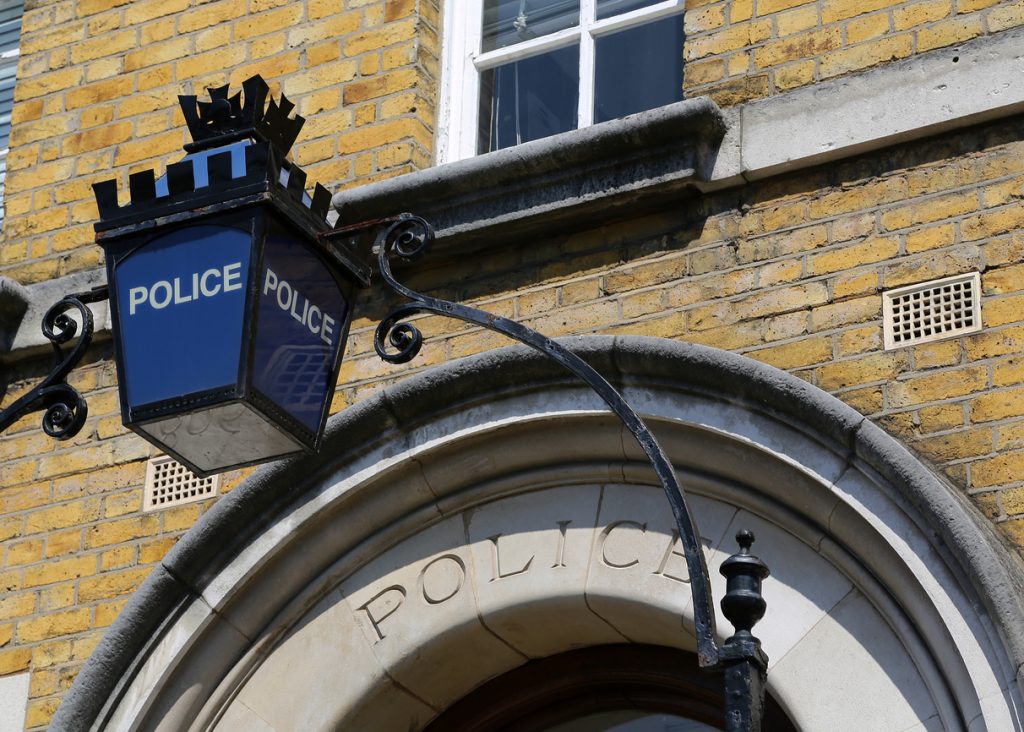Understand Your Rights. Solve Your Legal Problems


For almost as long as time, the wealthy and the art world have been inextricably linked. Those with money to invest have often chosen to spend it on various forms of art and cultural artefacts.
The art world, however, has come under intense examination since Russia’s 2022 invasion of Ukraine, and the overall geopolitical shifts and the ever-changing sanctions that have followed. There has been a heightened focus on the anonymous and secretive sales often seen in the art world, the movement and storage of high-value items and, in particular, the conduct of Russian high-net-worth individuals.
Last year saw the UK’s Office of Financial Sanctions Implementation (OFSI) release guidance aimed at helping high-value dealers and art market participants (AMPs) identify and mitigate sanctions risks. It was a move that pointed out that those targeted by sanctions may view the art world as a top-price way of circumventing the restrictions imposed on them.
That has now been followed by an alert from the UK National Crime Agency (NCA). The NCA’s “Amber Alert: Financial Sanctions Evasion, Money Laundering & Cultural Property Trafficking Through the Art Storage Sector’’ is a warning to all those in the art sector, from the dealers, galleries, auction houses, transport firms, agents and service providers through to those providing insurance and storage facilities. The message is clear: they need to be alert to sanctions evasion, money laundering and cultural property trafficking in their line of business, as well as tax evasion, fraud, bribery and corruption.
The alert points out the possibility of high net-worth individuals trying to evade sanctions regimes by holding billions of pounds’ worth of art and luxury items like fine jewellery and cars in warehouses and freeports. Many pieces of art of huge value, for instance, have not left specialist storage facilities in decades, often exempt from import taxes and duties, and even transaction taxes if and when they are sold.
Such a situation obviously suits the ultimate owners of such items. But the alert is putting the onus on those who represent and assist them to identify wrongdoing. It states that those operating in the art sector need to check international sanctions listings, lost and stolen art registers and other due diligence systems on a daily basis against the details of their clients and their clients’ assets.
The alert also highlights situations that should prompt increased scrutiny of a client’s activities and business associates. These include when attempts are made to transfer artwork to another person when a sale is set to be made at an artificially low or inflated price, and when the source of any payment or the ultimate beneficial owner (UBO) is unclear.
The NCA has also pointed to the use of offshore accounts, unusual payment and trading arrangements, shell companies, complex corporate structures or intermediaries that ensure buyer and seller remain unknown to each other as possible red flags for those in the art sector.
The alert is a detailed and fairly lengthy document, complete with case studies and details of the relevant offences. Arguably, it needs to be comprehensive because of the unique nature of the art world. The combination of huge amounts of money in the hands of those who are looking to invest it, little or no regulation and very few checks on sales makes the art world particularly challenging for the authorities – and attractive to those trying to avoid the punitive effect of sanctions and/or conceal their gains from other wrongdoing.
The NCA states that those working within the sector should file a Suspicious Activity Report if they identify activity that may be linked to offences detailed in the alert: it places responsibility on them.
The approach that is often used involves high-value items of art being bought and sold secretively and on the basis of a handshake, with little or no diligence being carried out. But this is an approach that will have to be abandoned in order to avoid attention from the enforcement authorities.


